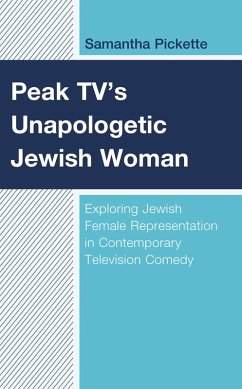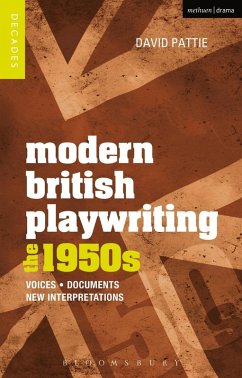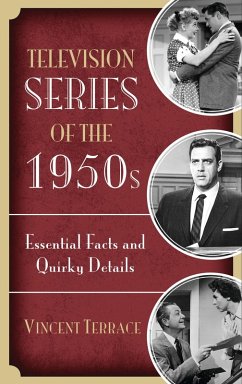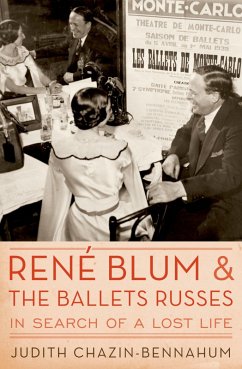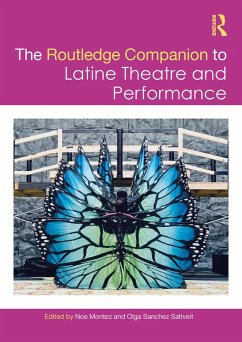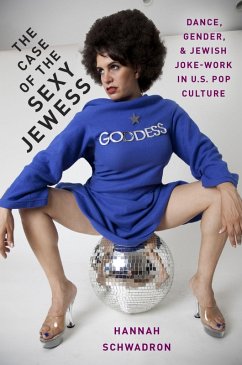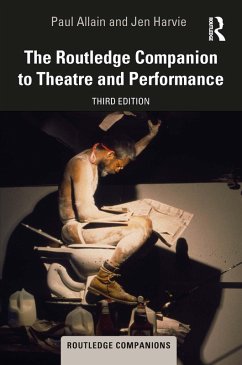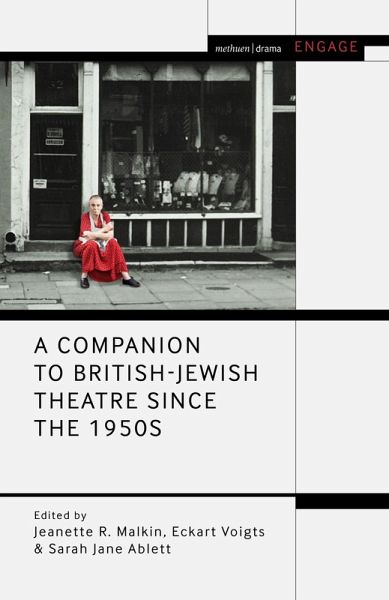
A Companion to British-Jewish Theatre Since the 1950s (eBook, PDF)

PAYBACK Punkte
13 °P sammeln!
The first of its kind, this companion to British-Jewish theatre brings a neglected dimension in the work of many prominent British theatre-makers to the fore. Its structure reflects the historical development of British-Jewish theatre from the 1950s onwards, beginning with an analysis of the first generation of writers that now forms the core of post-war British drama (including Tom Stoppard, Harold Pinter and Arnold Wesker) and moving on to significant thematic force-fields and faultlines such as the Holocaust, antisemitism and Israel/Palestine. The book also covers the new generation of Brit...
The first of its kind, this companion to British-Jewish theatre brings a neglected dimension in the work of many prominent British theatre-makers to the fore. Its structure reflects the historical development of British-Jewish theatre from the 1950s onwards, beginning with an analysis of the first generation of writers that now forms the core of post-war British drama (including Tom Stoppard, Harold Pinter and Arnold Wesker) and moving on to significant thematic force-fields and faultlines such as the Holocaust, antisemitism and Israel/Palestine. The book also covers the new generation of British-Jewish playwrights, with a special emphasis on the contribution of women writers and the role of particular theatres in the development of British-Jewish theatre, as well as TV drama. Included in the book are fascinating interviews with a set of significant theatre practitioners working today, including Ryan Craig, Patrick Marber, John Nathan, Julia Pascal and Nicholas Hytner. The companion addresses, not only aesthetic and ideological concerns, but also recent transformations with regard to institutional contexts and frameworks of cultural policies.




